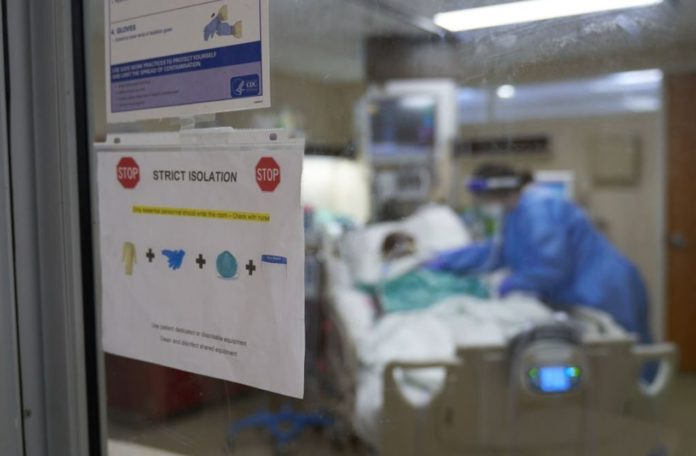COVID-19 breakthrough infections, which happen after a person is vaccinated, are very rare, but people who have weak immune systems are three times more likely to get them and have more severe illnesses, according to a real-world study in the US that looked at nearly 1.3 million people.
Researchers from Pfizer undertook a retrospective study published in the Journal of Medical Economics that examined the medical records of 1,277,747 patients aged 16 and older who had received two doses of the Pfizer/BioNTech COVID-19 vaccine between December 10, 2020 and July 8, 2021. In the later portion of the research period, the Delta (B1617.2) variety appeared in the United States.
A solid tumor (32.0 percent), kidney illness (19.5 percent), and rheumatologic/inflammatory (16.7 percent ) disorders were the most common causes of immunocompromised patients, which accounted for 17.7 percent of the total population. This cohort’s median patient age was 58 years, with 48.3 percent aged 50 to 64 and 23.0 percent aged 65 and up; 56.3 percent were female, and 74.5 percent had health insurance.
Compared to 19.3 percent of those who were not immunocompromised, over two-thirds (62.5 percent) of this group had at least one underlying condition that put them at risk for severe COVID-19. Obesity (9.4 percent), type 2 diabetes (9.2 percent), smoking (5.4 percent), and cancer (5.2 percent) were the most common of these ailments.
53.1 percent of patients with healthy immune systems were female, and 80.2 percent had commercial health insurance; median age was 45 years, with 33.3 percent aged 50 to 64, and 9.3 percent aged 65 and up.
People with weakened immune systems accounted for upwards of 38 percent of infections, 60 percent of hospitalizations, and both deaths, despite the fact that only 978 of 1,176,907 people (0.08 percent) who had received their second dose of COVID-19 vaccine at least 2 weeks before had a breakthrough infection.
97.1 percent of all vaccinated patients with breakthrough cases went to the doctor, and 12.7 percent required hospitalization, with 59.7 percent having impaired immune systems. Breakthrough infections were three times more common among immunocompromised vaccinees (0.18 percent) than among non-immunocompromised vaccinees (0.06 percent), despite the fact that the risk was very low in both groups.
The main findings of the study
Breakthrough infections were most common among organ transplant recipients. Patients with several immunocompromising (IC) conditions, antimetabolite cancer medications, primary immunodeficiencies, or blood cancer showed higher breakthrough rates than those with compromised immune systems.
Patients 65 years and older had higher incidence of infection than their younger peers.
“While some COVID-19 vaccine breakthrough infections among those who are fully vaccinated against COVID-19 are expected, the findings of this study show that they are rare and less likely to result in hospitalization or death in those without an IC condition,” the authors wrote. “However, further research is necessary to continue monitoring the rates of breakthrough infections in the general population, especially with waning duration of protection and emerging SARS-CoV-2 variants.”
According to a Taylor & Francis Group press release, the findings justify the use of booster COVID-19 vaccination doses, according to lead study author Manuela Di Fusco, MS, director of health economics and outcomes research at Pfizer.
“Several countries are currently experiencing a resurgence of SARS-CoV-2 infections despite the rollout of mass vaccination programmes,” she said. “While COVID-19 mRNA vaccines help protect people from getting infected and severely ill, the risk of breakthrough infections in fully vaccinated people is not completely eliminated.”
The study’s limitations, according to Di Fusco, include coding accuracy and data representativeness after the study period, despite the fact that it used a big dataset that has previously been used in US research.
Image Credit: Getty
You were reading: Why do some people develop severe COVID-19 breakthrough infection after booster dose?
